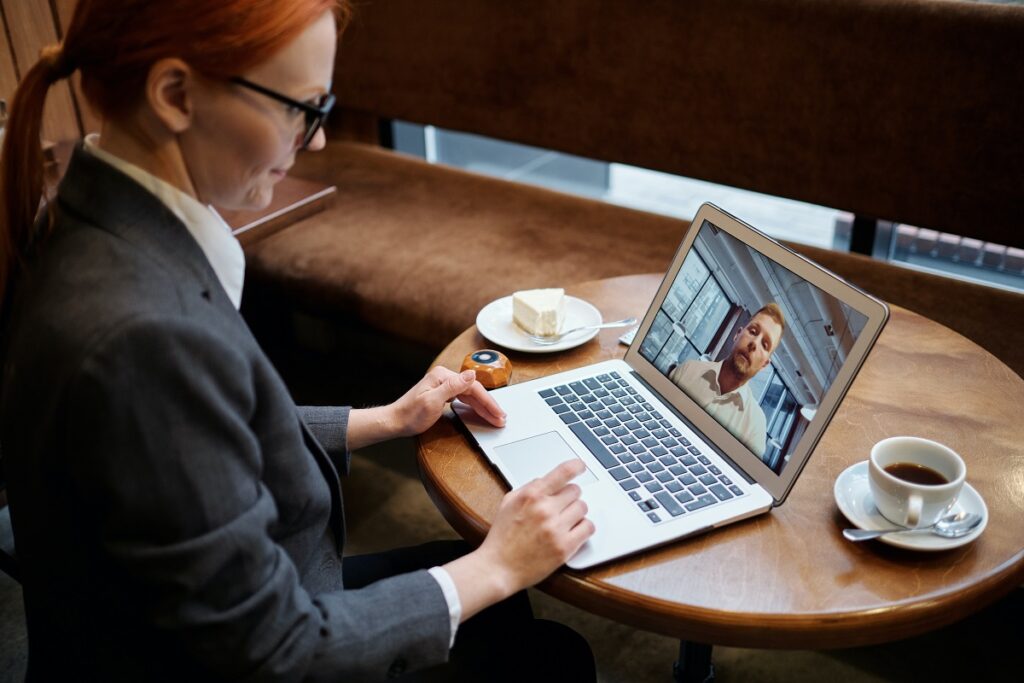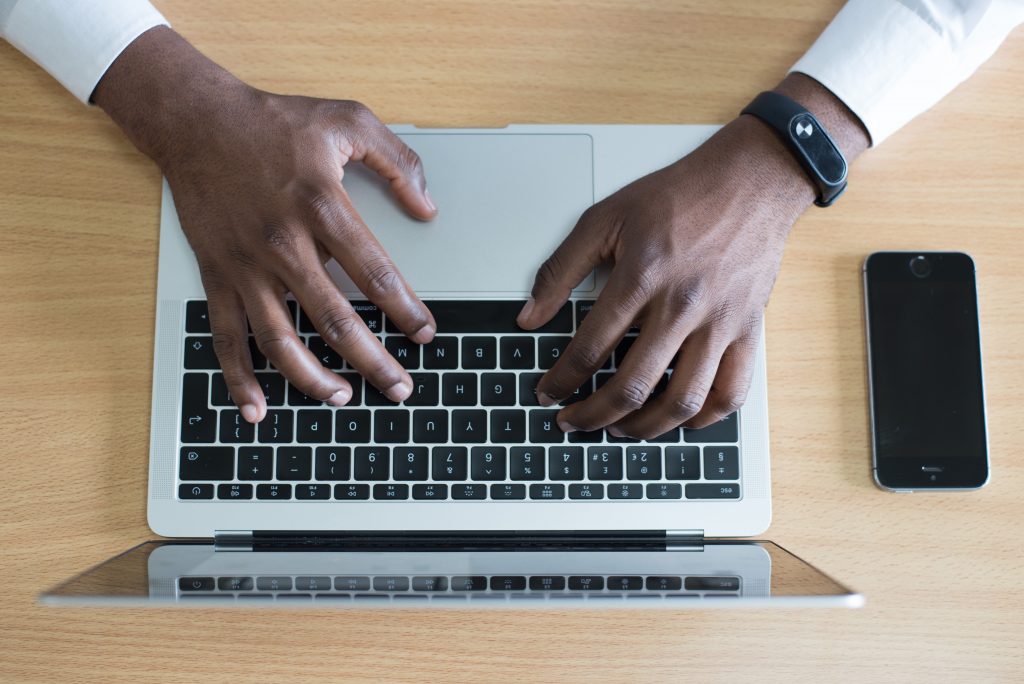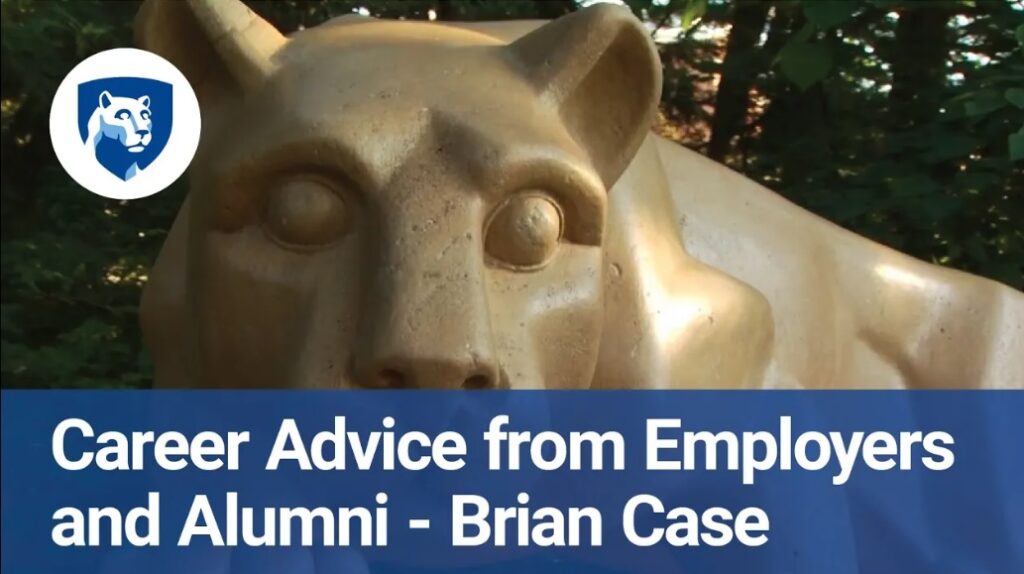People frequently overlook the important step of interview preparation. You can go to an interview cold, but why create extra stress in what is already a stressful time? A more effective approach is to do some preparation such as taking time to know who you are, doing employer research, practicing interview skills, and selecting appropriate attire.
Know Yourself
E mployers want to know if you:
mployers want to know if you:
- want the job
- can do the job
- are a good fit
That means it is important to know who you are, what you have accomplished, and where your career is heading (or where you would like it to go). You want to be comfortable discussing your skills, interests, values, and goals that relate to the position for which you are applying. Bottom line, you have to know these deliverables.
Take the time to think through your immediate or future career goals, and deliberate what it is about the organization that matches your interests and values.
In addition, think about the requisite skills that you have related to the position or proficiencies you want to develop. Consider your fit within the workplace that exists. By “fit” I mean both social fit and corporate culture fit. For instance, you might prefer a casual business workplace but learn the norm is formal business attire daily.
Know the Employer
Employers want well-informed candidates, making it imperative to learn what an organization does, its size, recent changes, and the overarching goals and values. You should be able to articulate why you want to work for this employer rather than an “I’ll take any job I can get” approach. While you could start with a company website, you will want to do more investigation than what is on the internet.
Penn State students have access to more extensive company information through databases such as Hoovers and Plunkett Research Online, and there may be additional information in trade journals or similar publications.
Practice Interviewing
It is wise to practice describing yourself because it is much easier to recall examples from past work, school, or relevant activities during an interview if you have already thought about them. That said, no two interviews are the same, so there is no way to prepare for all possible answers. There are, however, some interview strategies to try and resources available for Penn State students:
- InterviewStream, a web-based practice interview system
- WetFeet and VAULT, virtual career library where you can download books on general interviewing (also on case interviewing commonly used in consulting industry)
Wear Appropriate Attire
It is easier to secure a position if you look the part. It goes without saying that clothes need to be clean, well-fitting, wrinkle free, and free of holes/ tears. Many professionals, not all, wear a traditional two-piece suit in a neutral and conservative color – gray, navy for men and women, and also black for women (black is associated with formal wear for men).
Try your clothes on before the interview to prevent last minute problems. You will want to avoid too much fragrance, excessive accessories, and atypical make-up. Depending on your field, you may want to minimize visibility of tattoos and piercings. The clothing guidelines are the same for videoconference interviews, so dress as you would in person.
There are several useful guides on how to dress for an interview available online, including some college and university career center website resources, so do a search and follow the advice. Here are some examples:
More Interviewing Tips
See my blog post, 10 Tips for the Day of Your Interview.



